Rachel’s Challenge presents professional development session in social and emotional learning
Teachers can measurably improve student behavior and interaction by establishing connections—both between themselves and their students and between the students themselves, the founder of Rachel’s Challenge told more than 700 educators gathered in August for a professional development session on social and emotional learning. by Intermediate Unit 1 and the Consortium co-hosted the session.
Darrell Scott, who launched the initiative to honor his daughter Rachel, a victim of the Columbine, Colorado. school shootings, said the simple act of greeting kids by name at the classroom door and exchanging a few words can alone improve behavior, as can other protocols advocated through Rachel’s Challenge. 
As part of his presentation, Scott relayed the uncanny ways in which his daughter may have foreseen her untimely death and the anxious sense she exhibited about leaving a mark on the world. In extensive diaries and essays, she wrote that her life would have an impact that would arise from acts of kindness that ripple forward in a chain reaction. Among them, she stood up for a physically and mentally challenged young man who had been bullied at school and made friends with a young woman who otherwise would have suffered the isolation that often comes from moving to a new school and having difficulty making friends.
Her father not only has made a life’s mission of relaying his daughter’s story, he has tried to fulfill her prophecy by bringing her message to schools around the world and developing evidence-based ways of helping educators change school cultures.
Scott said one of the most important ways to avert bullying and other unkindness is to cultivate an atmosphere of empathy, noting that can only be accomplished when students begin relating personally to teachers and classmates and with deeper understanding.
Along with simple greetings at the classroom door, Scott encouraged educators to share bits of personal information throughout the school year and to create formal opportunities for students to share information about themselves with classmates they might not know. The exchanges humanize participants and make it all but impossible to treat them in hurtful ways, he said.
In a survey of nearly 10,000, students in schools undertaking measures recommended through Rachel’s Challenge reported a 145% increase in participation in school activities; a 123% increase in interventions to stop bullying; a 37% increase in the number who would not bully; a 117% increase in those reaching out to other students; and a 282% increase in those feeling a greater sense of school safety.






